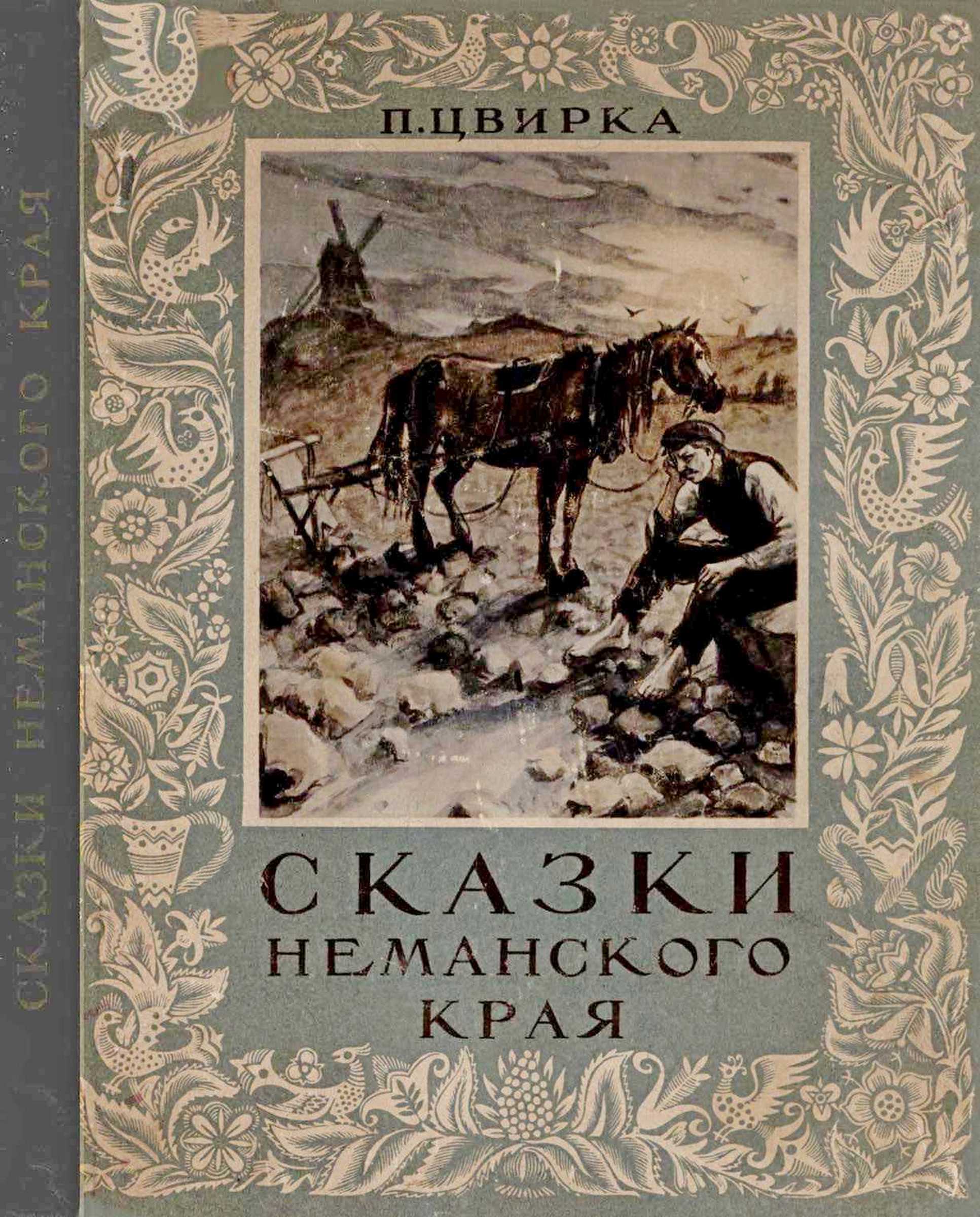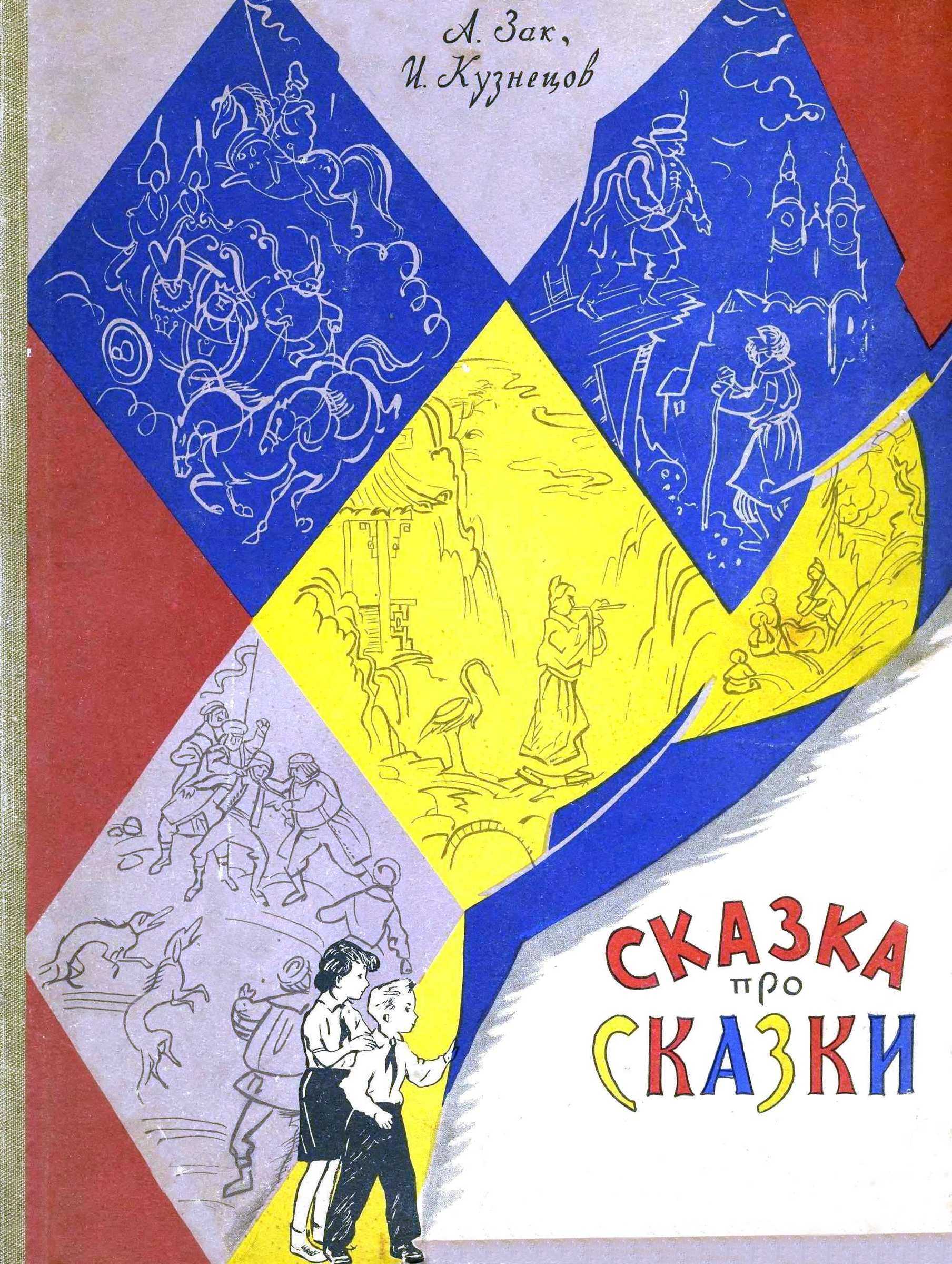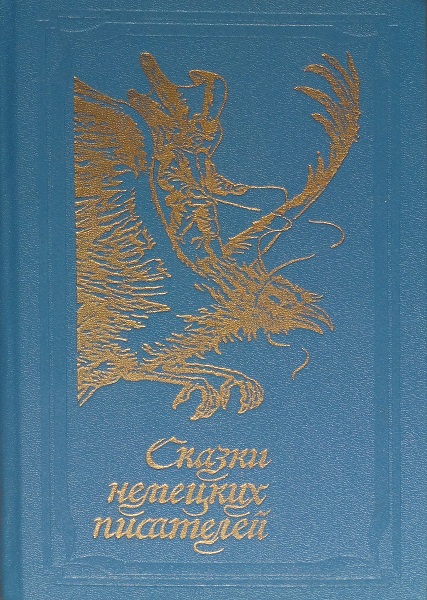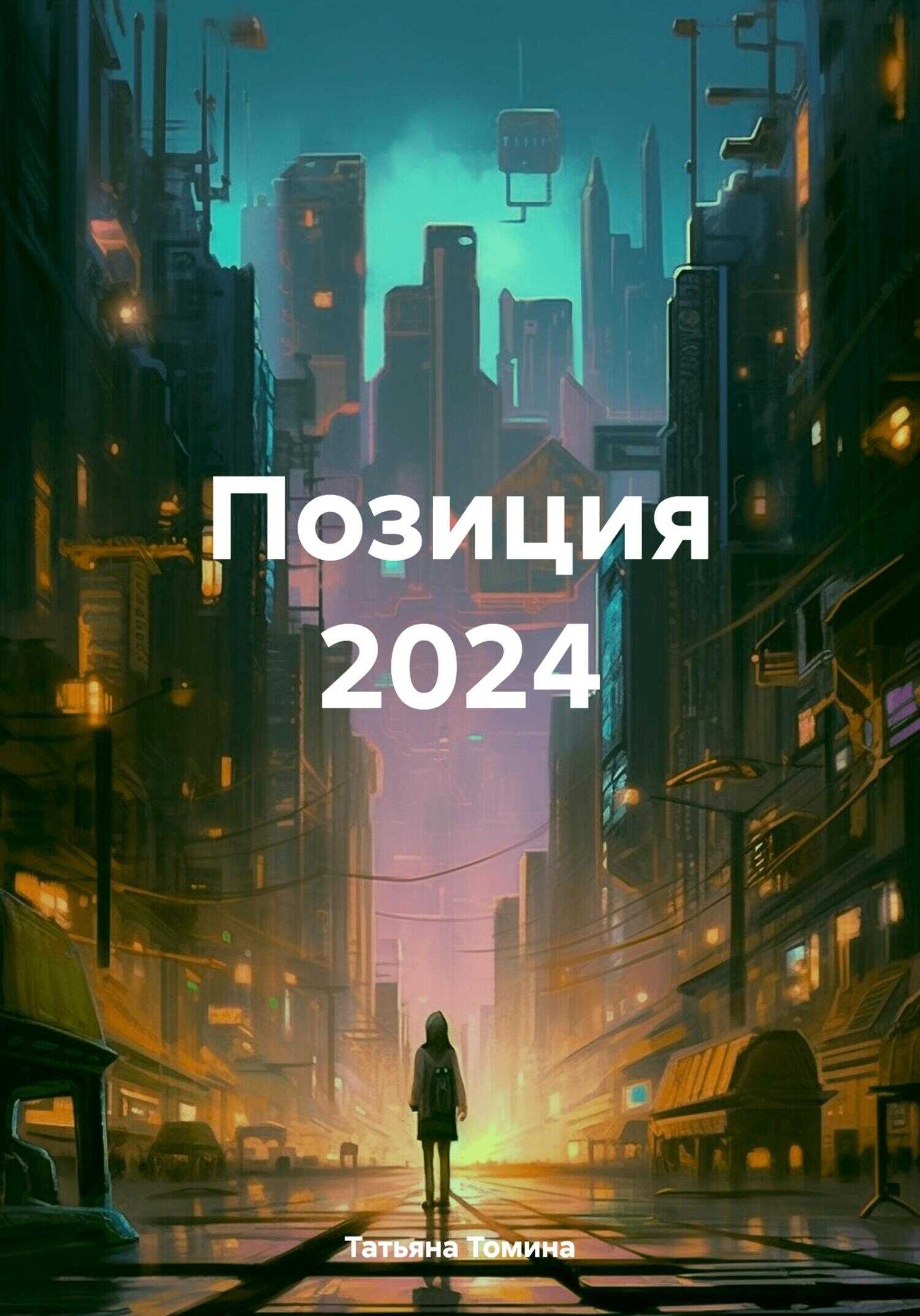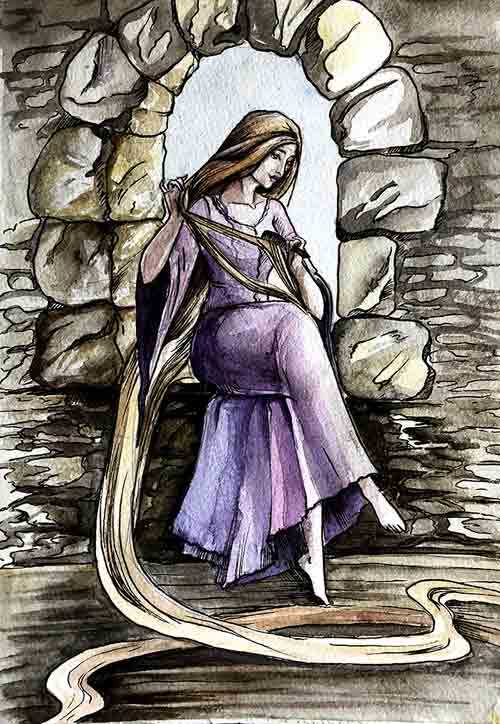Книга Познавая боль. История ощущений, эмоций и опыта - Роб Боддис
На нашем литературном портале можно бесплатно читать книгу Познавая боль. История ощущений, эмоций и опыта - Роб Боддис полная версия. Жанр: Разная литература / Медицина / Психология. Онлайн библиотека дает возможность прочитать весь текст произведения на мобильном телефоне или десктопе даже без регистрации и СМС подтверждения на нашем сайте онлайн книг knizki.com.
Шрифт:
-
+
Интервал:
-
+
Закладка:
Сделать
Перейти на страницу:
Перейти на страницу:
Внимание!
Сайт сохраняет куки вашего браузера. Вы сможете в любой момент сделать закладку и продолжить прочтение книги «Познавая боль. История ощущений, эмоций и опыта - Роб Боддис», после закрытия браузера.
Книги схожие с книгой «Познавая боль. История ощущений, эмоций и опыта - Роб Боддис» от автора - Роб Боддис:
Комментарии и отзывы (0) к книге "Познавая боль. История ощущений, эмоций и опыта - Роб Боддис"




















